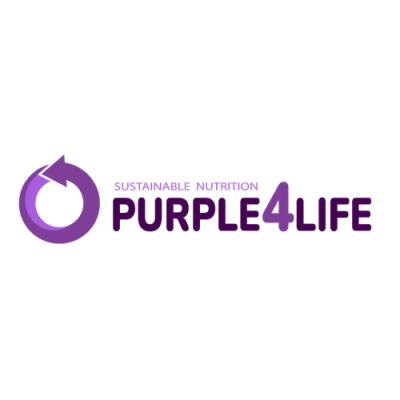
Purple4Life
INNOVATIVE, SUSTAINABLE AND CIRCULAR PRODUCTION OF PURPLE PHOTOTROPHIC BACTERIA AS HEALTH-PROMOTING INGREDIENT FOR FOOD AND FEED APPLICATIONS

INNOVATIVE, SUSTAINABLE AND CIRCULAR PRODUCTION OF PURPLE PHOTOTROPHIC BACTERIA AS HEALTH-PROMOTING INGREDIENT FOR FOOD AND FEED APPLICATIONS
The agricultural sector is a pillar of global food production. At the same time, it accounts for over 12% of greenhouse gas emissions in Europe alone, and widespread soil contamination from fertilisers and pesticides. As global food demand rises, the sector must adopt innovative and sustainable solutions to reduce its environmental footprint.
Purple4Life aims to drive this transition by transforming food industry sidestreams into valuable, nutritious, and health-promoting ingredients using purple phototrophic bacteria (PPB). By demonstrating the feasibility of integrating PPB into food and feed production, the project seeks to enhance Europe’s innovation capacity and accelerate the shift towards a more sustainable agrifood system.
Purple4Life will showcase PPB’s potential to improve nutrition, support circular economy principles, and reduce environmental impact.